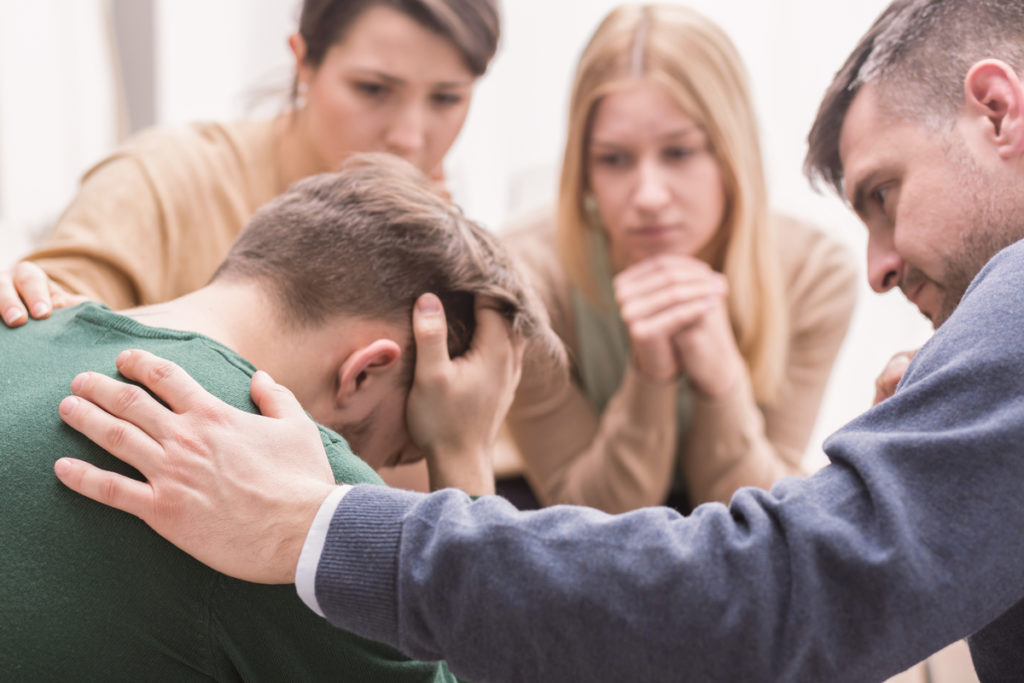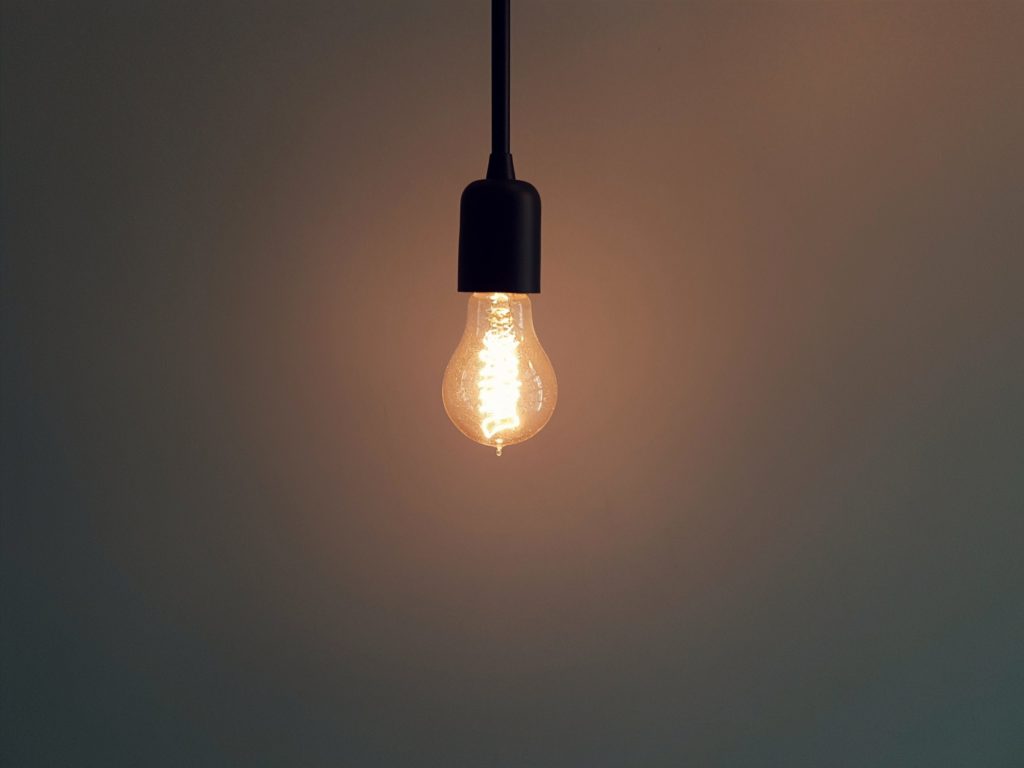The Science of Addiction – Interventions
At Elevated Recovery, we understand the power that addiction has over people’s lives. Understanding that is not a pleasant experience. It’s a very sober analysis that you tend to think about in the long hours of the night, or in contemplation of the troubles that beset the human spirit.
On the other hand, we also know that humans have the ability to bounce back, to be resilient and beat addiction with the right support and resources.
Interventions are key in ending addiction, but not everyone thinks carefully about what interventions mean. There are different kinds of interventions that can have a positive effect on someone’s journey. Every different kind works in its own particular way, but knowing more means that you are more likely to make a difference.
Family and Friends
The kinds of interventions that we most commonly think about are group interventions with family members and friends.
These settings are familiar to us partly because they are external to the personal struggles and problems that people experience within themselves. You see them on television, and you understand how people get together to achieve these kinds of events.
Institutional Interventions
We’re also familiar with the idea of institutional interventions in the form of rehab centers and other types of facilities.
However, we don’t usually see their inner workings of these types of important interventions unless we’re in need of the services ourselves. The nuts and bolts of how these facilities work are carefully shielded from the public.
So we don’t tend to know as much about how these interventions work, but we know they work based on professional protocol and the vast resources of these types of enterprise.
Personal Interventions
There’s also something you might call self-intervention, and that’s pretty obscure to people who haven’t struggled with addiction or watched a loved one struggle in their own personal lives.
Self-intervention is the type of thing you might casually call ‘willpower,’ but it’s much more than that. At Elevated Recovery, we give people tools to practice self-interventions that change their lifestyles when it’s a little bit of extra help that they need. Want to learn more? Utilize the resources that we provide on our web site to understand more about how these types of assistance work, and what the road map to recovery often looks like. For instance, review our resources on the process of “rebooting,” and you’ll start to see what’s possible, and how to go about changing your life. It’s all part of a scientific and methodical approach to ending addiction – on your own terms!
The Science of Addiction – Interventions Read More »



